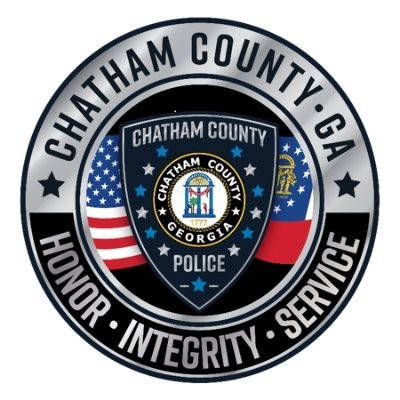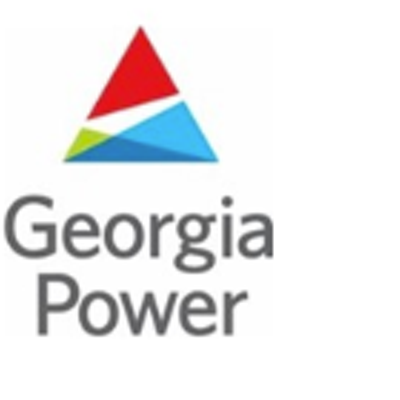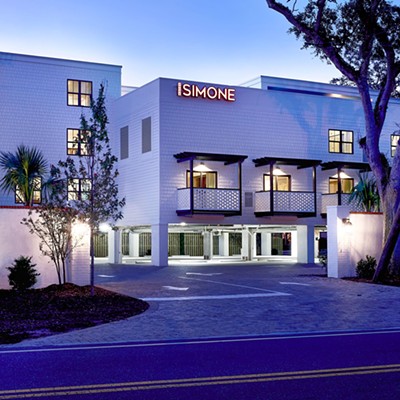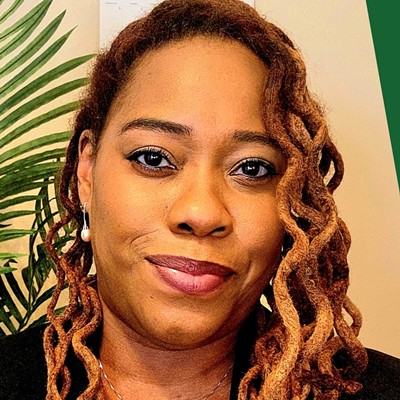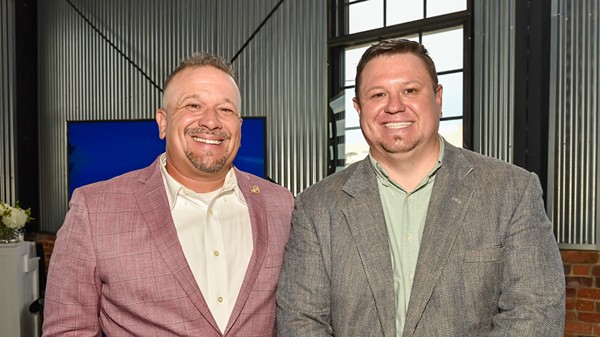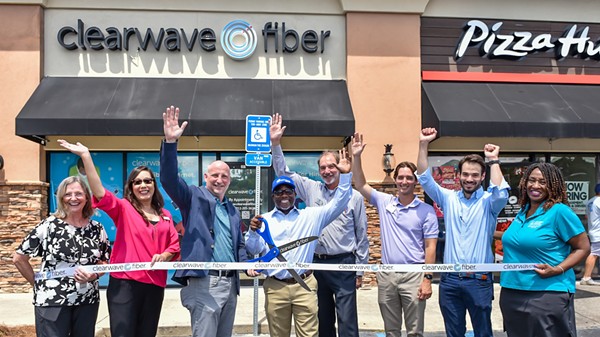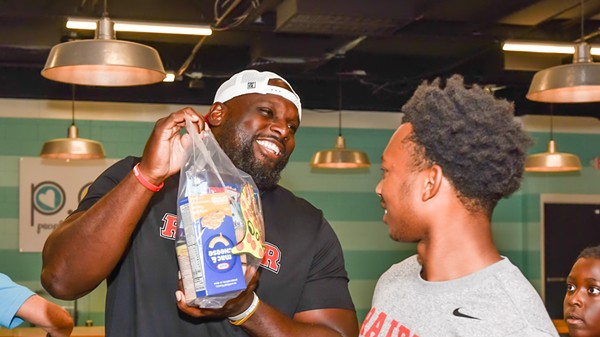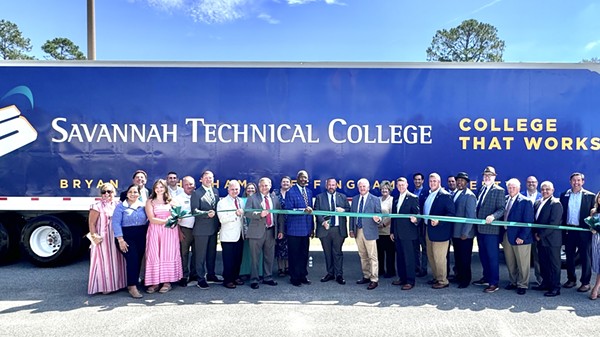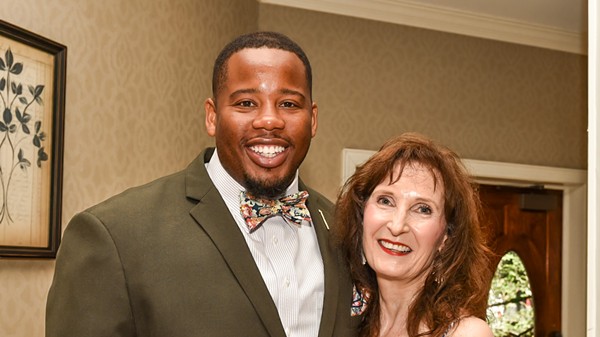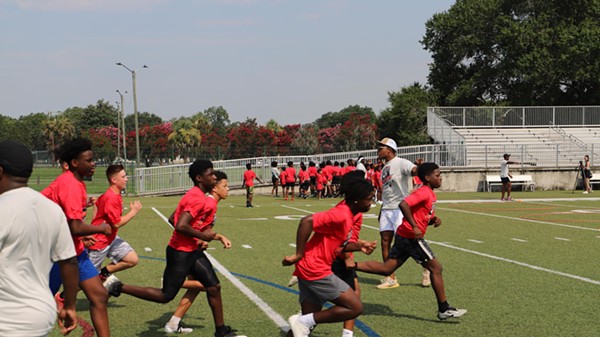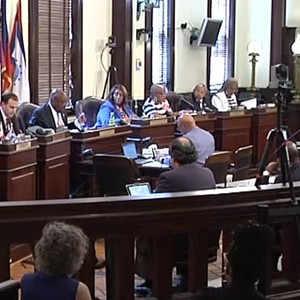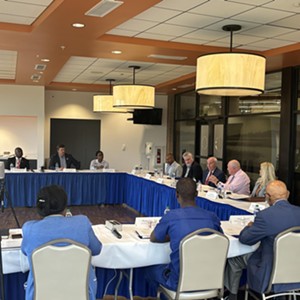ONE OF the great ironies of politics is that while public schools tend to be most strongly supported by the most liberal among us, they're also among the most conservative institutions on the planet.
Not in the ideological sense, but in being adamantly, utterly resistant to the slightest change.
The latest news upsetting the school apple cart is a state initiative, supported by Gov. Nathan Deal, in which every district must decide this summer to pursue one of three organizational templates:
• The Charter School option, which would give each school its own governing board and dramatically decentralize the district. This would also create a de facto two-tier system, since the six local schools with entrance criteria must stay non-charter (state law disallows charters from anything other than open enrollment).
• The IE2 or “Investing in Educational Excellence” option, in which schools could waive much central authority, but if they don’t meet certain standards could come under the control of a state board.
• The Status Quo option, in which the district changes nothing and goes about business as usual. (If you’re a betting person, which option do you think most of our local School Board incumbents have said they support?)
Understandably given the well-earned mistrust of our ethically compromised governor—who seems to know of no way to mold policy that doesn’t involve some kind of egregious conflict of interest—virtually no one involved with public schools thinks any of this is a good idea.
Tom Bordeaux, Savannah City Alderman and public school parent, stood up and loudly announced at a Q&A session at the Savannah Arts Academy auditorium:
“This sounds like a total balkanization of the schools. Each school and each council will rise and fall depending on how many active parents you can get who can understand this garbage. This is absurd,” Bordeaux said to applause.
That said: How are things working out for us now, Alderman? Good, you think?
This Stockholm Syndrome—in which we devalue our own abilities to "understand this garbage" and bind ourselves to a clearly dysfunctional central authority—is typical of those of us, like Bordeaux and like myself, who’ve invested many crucial years in local public schools.
Being a public school parent is like being unhappily married: You’re so deeply invested you’re often the last to see that it isn’t working out. Then there’s a crushing realization that the marriage is irretrievably broken and you can never get those years back.
In their heart of hearts every public school parent has had thoughts like these at one time or another. For many the reaction is deep denial, and even deeper investment.
For all the rhetoric about an impending "school takeover" -- which certainly has elements of truth -- the schools are already pretty well taken over. And unlike the case with the Governor's plans, we're already familiar with the results.
As is usually the case with public school controversies, people tend to pick the devil they know.
To no surprise, the euphemistically named “Georgia Association of Educators” —actually one of two groups in the state as close to being teacher’s unions as allowed here —is against the governor’s proposal.
Quoted in the Morning News, GAE chief Sid Chapman went full Old Testament in his apocalyptically literal conspiracy theory:
“I believe it is a grand scheme. The state wants to get out of the public education business and then public education funding will go to private industry, which will come in like locusts and then be gone.”
(No doubt Deal is pushing the Charter option. But as a former member of a charter school governing board I have a lot to say about the almost North Korean level of propaganda and disinformation against charter schools —most of it unfortunately quite effective —from those threatened by their success, like teacher’s unions. Another column, another day.)
School Superintendent Thomas Lockamy seems tepid toward the idea—not surprising given that he may face a potentially serious undermining of his own authority.
As always, context is important.
And all this is happening against the backdrop of this week's passage of the Governor’s so-called “school takeover” bill, which if approved by voters would grant the state sweeping reform powers in the event of a “failing school,” including the creation of a state school superintendent reporting to the Governor’s office.
Leading the charge against the bill are the same groups against the school choice mandate, and the fight breaks down largely along the same old fault lines of party, race, and entrenched special interests of all types.
While one has many valid reasons to be suspicious of anything this particular administration proposes, one has just as many valid reasons to question what’s really worth preserving about the status quo.
In short, if you take the kneejerk politics out of the picture it’s not so easy to figure out.
But the core question to ask yourself is a simple one:
Are you satisfied with local public schools as they are now?
If your answer is yes, there’s a convenient no-action default available.
If your answer is no, you owe it to yourself to at least be open to the idea that the way to change things that aren’t working is to... well, change things that aren’t working.



